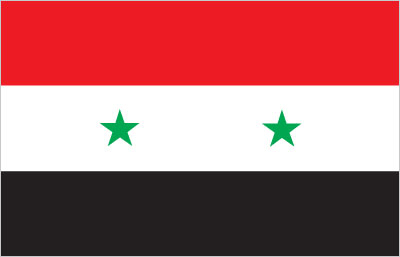
Despite modest economic growth and reform prior to the outbreak of unrest, Syria's economy continues to deteriorate amid the ongoing conflict that began in 2011. The economy further contracted in 2013 because of international sanctions, widespread infrastructure damage, reduced domestic consumption and production, and sharply rising inflation. The government has struggled to address the effects of economic decline, which include dwindling foreign exchange reserves, rising budget and trade deficits, and the decreasing value of the Syrian pound. The ongoing conflict and economic decline have created a humanitarian crisis, prompting widespread need for international aid. Prior to the unrest, Damascus began liberalizing economic policies, including cutting lending interest rates, opening private banks, consolidating multiple exchange rates, raising prices on some subsidized items, and establishing the Damascus Stock Exchange. The economy remains highly regulated by the government. Long-run economic constraints include foreign trade barriers, declining oil production, high unemployment, rising budget deficits, increasing pressure on water supplies caused by heavy use in agriculture, rapid population growth, industrial expansion, and water pollution.
$107.6 billion (2011 est.)
country comparison to the world: 73
$110.1 billion (2010 est.)
$106.5 billion (2009 est.)
-2.3% (2011 est.)
country comparison to the world: 213
3.4% (2010 est.)
$5,100 (2011 est.)
country comparison to the world: 159
$5,100 (2010 est.)
$5,200 (2010 est.)
agriculture: 17.6%
industry: 22.2%
services: 60.2% (2013 est.)
11.9% (2006 est.)
59.1% (2013 est.)
country comparison to the world: 223
36.9% (2012 est.)
5.014 million (2013 est.)
country comparison to the world: 75
agriculture: 17%
industry: 16%
services: 67% (2008 est.)
17.8% (2013 est.)
country comparison to the world: 155
18% (2012 est.)
petroleum, textiles, food processing, beverages, tobacco, phosphate rock mining, cement, oil seeds crushing, automobile assembly
-20.6% (2013 est.)
country comparison to the world: 194